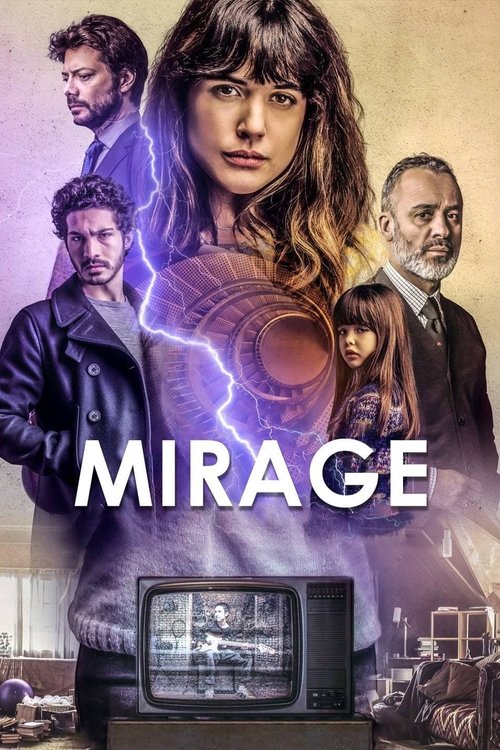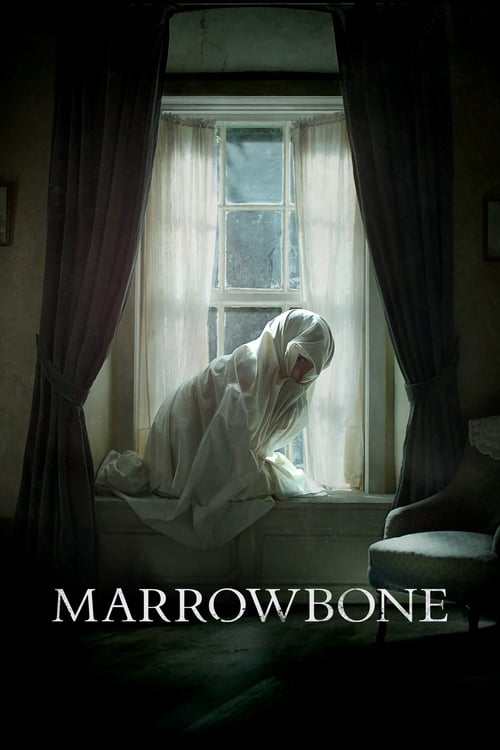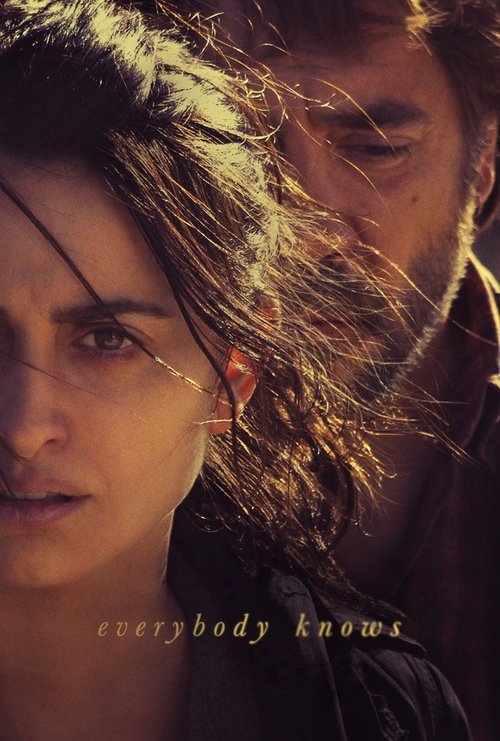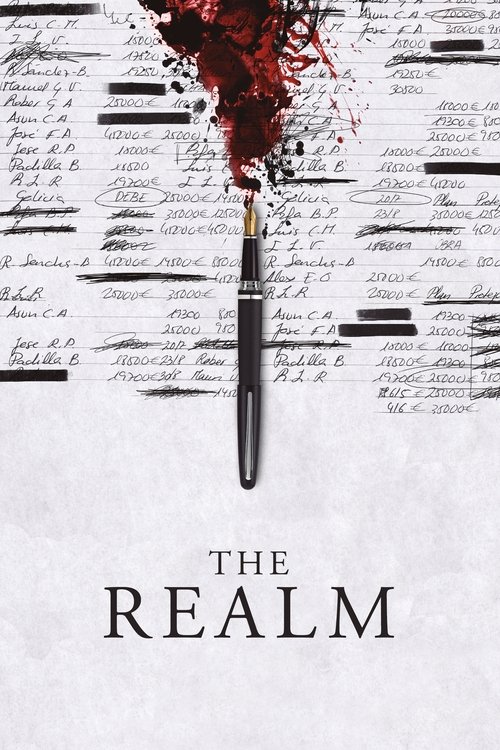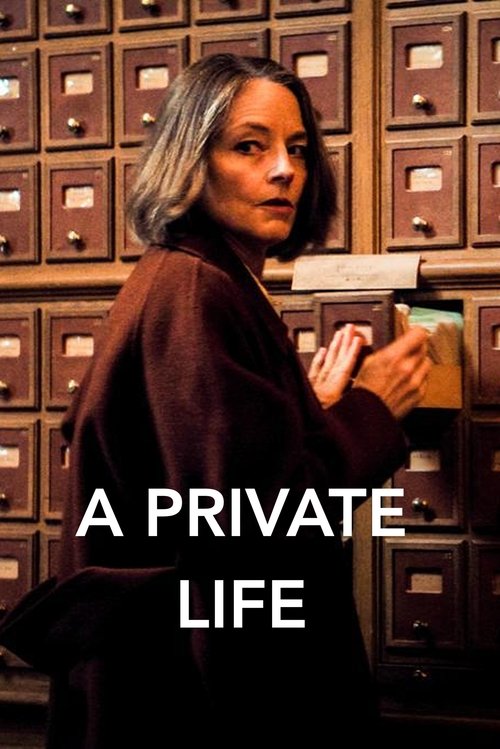
Ask Your Own Question
What is the plot?
What is the ending?
In the ending of "Mirage," the protagonist, Vera, successfully alters the past to save a young boy named Nico from being killed in a tragic accident. This change leads to a series of events that ultimately results in her own life being transformed, as she finds herself in a new reality where her family is intact. However, she is left with the emotional weight of her actions and the memories of the original timeline.
Expanding on the ending in a chronological and narrative fashion:
As the climax of the film unfolds, Vera, played by Adriana Ugarte, is in a race against time. She has discovered that the key to saving Nico lies in her ability to manipulate the past through a mysterious phenomenon linked to a storm and a television set. The tension is palpable as she navigates the complexities of time travel, desperately trying to prevent the tragic accident that claimed Nico's life.
In the final scenes, Vera manages to connect with Nico's mother, who is unaware of the impending danger. Vera's heart races as she relives the moments leading up to the accident, her mind filled with determination and fear. She recalls the details of the fateful night, the sound of the storm outside, and the urgency of her mission. With each passing moment, the stakes grow higher, and the emotional weight of her choices becomes increasingly heavy.
As she intervenes, the scene shifts to the moment of the accident. Vera's heart pounds in her chest as she watches the events unfold, knowing that she has the power to change them. With a final push of will, she alters the course of events, and the accident is averted. The relief washes over her, but it is quickly followed by a sense of loss for the life she once knew.
In the aftermath, Vera finds herself in a new reality. She is at home, surrounded by her family, who are alive and well. The warmth of their presence fills her with joy, yet there is an underlying sadness in her eyes. She has saved Nico, but the memories of her previous life linger in her mind, a haunting reminder of the sacrifices she made.
The final moments of the film show Vera looking at a photograph of her family, a bittersweet smile on her face. She has achieved her goal, but the emotional toll of her journey is evident. The camera lingers on her expression, capturing the complexity of her feelings--relief, happiness, and a profound sense of loss.
As the credits roll, the fate of the main characters is revealed: Vera has successfully altered the past, saving Nico and ensuring her family's survival. However, the emotional scars of her journey remain, leaving her to grapple with the consequences of her actions. The film closes on a note of ambiguity, suggesting that while she has changed the course of events, the impact of those changes will continue to resonate in her life.
Is there a post-credit scene?
In the movie "Mirage" (2018), there is no post-credit scene. The film concludes its narrative without any additional scenes or content after the credits roll. The story wraps up with the resolution of the main plot, focusing on the protagonist's journey and the consequences of her actions throughout the film. The absence of a post-credit scene allows the audience to reflect on the emotional and thematic elements presented in the story without any further distractions.
What role does the character of the detective play in the story?
The detective, who is investigating the mysterious events surrounding the boy's death, serves as both an antagonist and a catalyst for Vera's actions. His relentless pursuit of the truth adds tension to the narrative, as he becomes increasingly suspicious of Vera's involvement, forcing her to navigate the complexities of her time-altering decisions while trying to protect herself and the boy.
What is the significance of the time loop in Mirage?
The time loop in 'Mirage' serves as a crucial narrative device that connects the past and present, allowing the protagonist, Vera, to alter events that have tragic consequences. It emphasizes the theme of regret and the impact of choices, as Vera discovers that her actions in the past can save a young boy's life but also lead to unforeseen repercussions.
How does Vera's relationship with her father influence her actions in the film?
Vera's relationship with her father is strained and complex, marked by a sense of loss and unresolved issues stemming from her childhood. This dynamic drives her motivation to change the past, as she seeks to reconcile her feelings of guilt and regret over her father's death, ultimately pushing her to take risks in the time loop.
How does the setting of the 1980s influence the plot of Mirage?
The 1980s setting is integral to the plot, as it establishes a nostalgic backdrop that enhances the film's themes of memory and loss. The technology and cultural references of the era create a distinct atmosphere that contrasts with the modern-day elements, highlighting the differences in communication and societal norms, which play a role in how characters interact and make decisions.
What is the emotional impact of the boy's fate on Vera throughout the film?
The fate of the boy deeply affects Vera, as she grapples with the weight of her choices and the emotional turmoil of potentially losing him. Her determination to save him becomes a driving force in her character arc, leading her to confront her own fears and regrets, ultimately shaping her journey towards redemption and acceptance.
Is this family friendly?
"Mirage," produced in 2018, is a thriller that contains several elements that may not be suitable for children or sensitive viewers. Here are some potentially objectionable or upsetting aspects:
-
Violence: The film includes scenes of violence that may be intense or disturbing, including confrontations and threats that could be unsettling for younger audiences.
-
Death: There are themes surrounding death and loss, which may evoke strong emotional responses. The portrayal of these events can be heavy and impactful.
-
Suspenseful and Tense Atmosphere: The film maintains a suspenseful tone throughout, which may create anxiety or fear, particularly for younger viewers who may not be accustomed to thrillers.
-
Mature Themes: The narrative explores complex themes such as regret, the consequences of actions, and the impact of time on relationships, which may be difficult for children to fully understand.
-
Emotional Distress: Characters experience significant emotional turmoil, including grief and desperation, which could be upsetting for sensitive viewers.
Overall, while "Mirage" offers a compelling story, its themes and content may not be appropriate for all audiences, particularly children.

